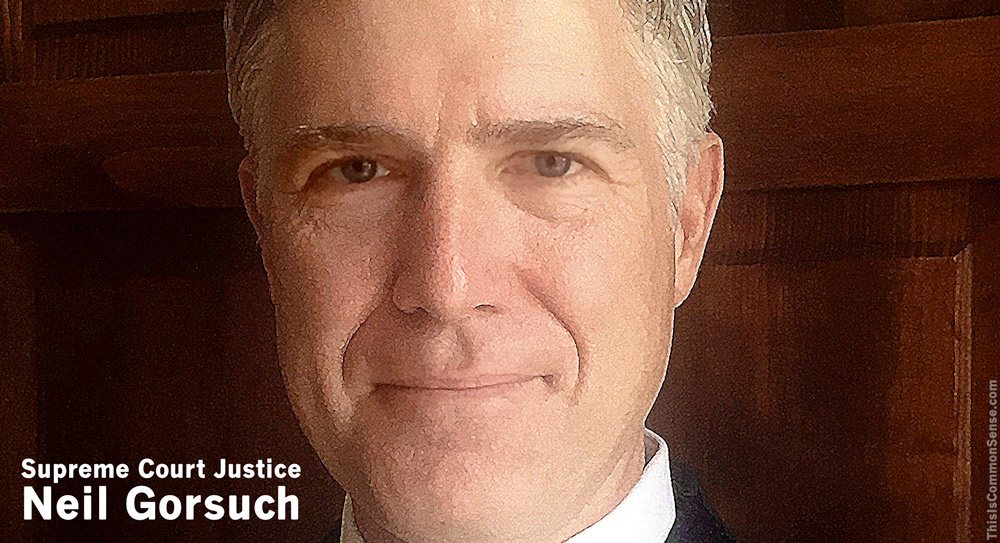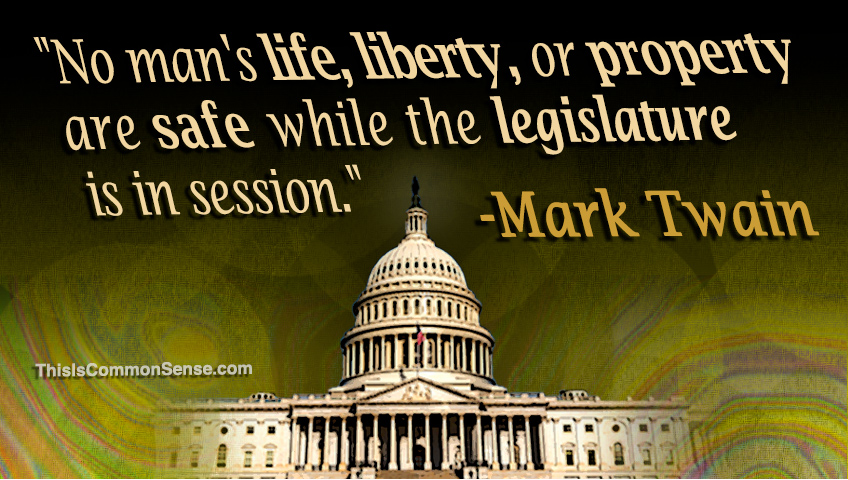“Do you really want me to rule the country?” Supreme Court Justice Neil Gorsuch pointedly asked CNN’s Ariane de Vogue.
“It is not a judge’s job to do whatever he or she thinks is good,” Gorsuch added, in response to her concern that judicial activism might sometimes be “needed.”
“We wrote a Constitution; we put down what we wanted to put in it,” explained President Trump’s first SCOTUS pick. “We can amend it when we wish, and it is not up to nine people to tell 330 million Americans how to live.”
Gorsuch is making the media rounds promoting his new book, A Republic, If You Can Keep It — borrowing Ben Franklin’s famous quip when asked about what form of government the delegates at the 1787 Constitutional Convention had produced.
Gorsuch follows the judicial philosophy of originalism, criticizing interpretations that jigger the Constitution with the times. “You know, the living Constitution is going to take your rights away,” the justice argues, “and it’s going to add ones that aren’t there.”
And defending the rights actually in the Constitution means, Gorsuch believes, that judges must enforce limits on government. Last weekend in The Wall Street Journal, Kyle Peterson noted that Gorsuch has been true to that mission, pushing back against the High Court’s longtime deference to the administrative state.
This philosophy puts him beyond partisanship. “Gorsuch voted with liberal justices on important decisions on surveillance and sentencing,” Jonathan Turley writes in The Hill. “He also joined in key decisions supporting free speech against the government.…”
All this makes Neil Gorsuch the best justice on the Supreme Court. Perhaps the best in my lifetime.
And surely Exhibit A in Mr. Trump’s case for reelection.
This is Common Sense. I’m Paul Jacob.

—
See all recent commentary
(simplified and organized)









